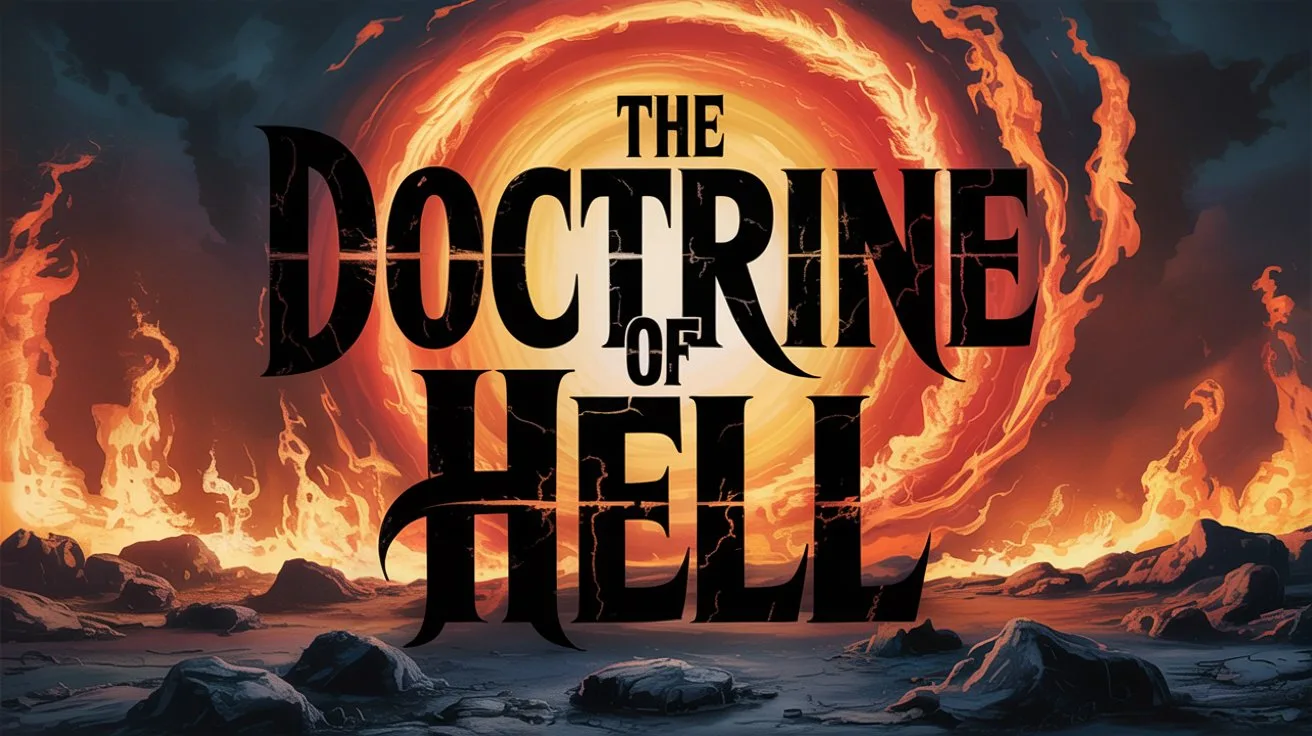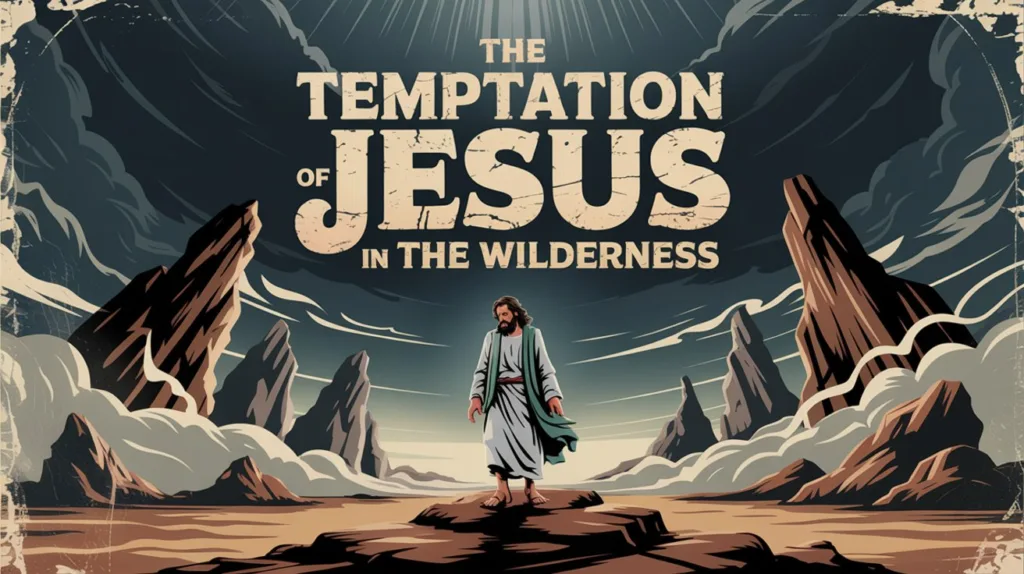Hell is one of the most serious, sobering doctrines in Scripture. It is also one of the most debated, especially when it comes to the question of the nature and duration of punishment for the wicked. This study is not based on emotional reaction or tradition, but on a direct and exhaustive examination of the Scriptures.
“Let God be true but every man a liar.” (Romans 3:4)
What Is Hell?
In the New Testament, multiple Greek words are translated as “hell”: primarily Gehenna, Hades, and Tartarus. For our purposes, we are focusing on Gehenna and the Lake of Fire, which refer to the final judgment (the second death after the resurrection and Great White Throne judgment, Revelation 20:11–15).
“Then Death and Hades were cast into the lake of fire. This is the second death.” (Revelation 20:14)
The Language of Destruction
Scripture uses unambiguous language when describing the fate of the wicked. Over and over again, the Bible does not say that the souls of the wicked will be tormented forever. Instead, it says they will be destroyed.
Here are key verses where the language of destruction, perishing, and death is used:
“The soul who sins shall die.” (Ezekiel 18:4)
“But the wicked shall perish; and the enemies of the Lord, like the splendor of the meadows, shall vanish. Into smoke they shall vanish away.” (Psalm 37:20)
“For God so loved the world that He gave His only begotten Son, that whoever believes in Him should not perish but have everlasting life.” (John 3:16)
“Do not fear those who kill the body but cannot kill the soul. But rather fear Him who is able to destroy both soul and body in hell.” (Matthew 10:28)
“Their end is destruction, whose god is their belly, and whose glory is in their shame (who set their mind on earthly things).” (Philippians 3:19)
“But these, like natural brute beasts made to be caught and destroyed, speak evil of the things they do not understand, and will utterly perish in their own corruption.” (2 Peter 2:12)
“And it shall come to pass that every soul who will not hear that Prophet shall be utterly destroyed from among the people.” (Acts 3:23)
“In flaming fire taking vengeance on those who do not know God… These shall be punished with everlasting destruction from the presence of the Lord…” (2 Thessalonians 1:8–9)
This is not figurative: it is consistent, literal terminology. The fate of the wicked is destruction, not eternal conscious torment.
What About “Everlasting Punishment”?
Some point to this verse:
“And these will go away into everlasting punishment, but the righteous into eternal life.” (Matthew 25:46)
But note: it does not say “everlasting torment.” It says “everlasting punishment.” The duration of the outcome is eternal, not the experience of it. The punishment is permanent; the result is everlasting, not necessarily the process.
The same Greek word aionios is used in Hebrews:
“having obtained eternal redemption” (Hebrews 9:12)
We do not say that Christ is still “redeeming.” He has obtained it once for all. Likewise, “eternal punishment” may describe an irreversible verdict, not a process of eternal torture.
What About Revelation 14 and 20?
Two of the most cited passages for eternal torment are:
“And the smoke of their torment ascends forever and ever…” (Revelation 14:11)
“The devil, who deceived them, was cast into the lake of fire and brimstone… and they will be tormented day and night forever and ever.” (Revelation 20:10)
First, notice who is being tormented forever: the devil, the beast, and the false prophet. The passage does not extend this fate to all unbelievers. Second, the symbolic language of Revelation is drawn from Old Testament imagery. Consider:
“And Abraham got up early in the morning… and he looked toward Sodom and Gomorrah… and behold, the smoke of the land which went up like the smoke of a furnace.” (Genesis 19:27–28)
“Edom shall be a desolate wilderness… Its smoke shall ascend forever; from generation to generation it shall lie waste.” (Isaiah 34:10)
Neither Sodom nor Edom are burning today. The “smoke ascending forever” is judgment imagery, not a literal ongoing process.
Eternal Fire = Complete Judgment
“Sodom and Gomorrah… are set forth as an example, suffering the vengeance of eternal fire.” (Jude 1:7)
Sodom is not burning today. Yet it is said to have suffered “eternal fire.” This reveals that “eternal fire” results in final judgment, not ongoing flames.
The Second Death and the Lake of Fire
“But the cowardly, unbelieving, abominable, murderers… shall have their part in the lake which burns with fire and brimstone, which is the second death.” (Revelation 21:8)
The Bible never says that the soul is immortal apart from Christ. It teaches that eternal life is the gift of God.
“The wages of sin is death, but the gift of God is eternal life in Christ Jesus our Lord.” (Romans 6:23)
Death, not immortality in torment, is the wage of sin. Just as when we die the first death in this life and are no longer with others physically, the second death will be a death of the soul (where we will not longer be with others spiritually).
The Origin of the Eternal Torment Doctrine
The idea that all the wicked will suffer eternal conscious torment comes not from Scripture, but from Greek philosophy and later church tradition: especially Augustine, who was heavily influenced by Plato’s concept of the immortal soul.
The early church was divided on this issue. Prominent early Christian writers like Ignatius, Irenaeus, and even Justin Martyr taught that the wicked would cease to exist. The doctrine of eternal torment became entrenched through the Roman Catholic Church, used to justify fear, indulgences, and ecclesiastical control.
What Jehovah’s Witnesses Get Wrong
While Jehovah’s Witnesses also reject eternal torment, their doctrine is still heresy because:
- They deny the deity of Christ
- They reject the bodily resurrection
- They teach that salvation is by works and through their organization
- They deny the biblical Gospel
They teach that souls are unconscious after death, deny any punishment beyond ceasing to exist, and place more weight on Watchtower authority than on Scripture. Their version of annihilation is anti-biblical universalism by another name.
The biblical doctrine of final destruction is not soul sleep or no judgment: it is conscious judgment, followed by irrevocable destruction after the resurrection and final judgment.
My Final Thoughts
Hell is real. Judgment is real. But the Bible teaches that the final fate of the wicked is destruction, not eternal torment. The doctrine of eternal conscious torture is not consistent with the clear, repeated language of Scripture. It is a manmade tradition, not divine revelation.
“Fear Him who is able to destroy both soul and body in hell.” (Matthew 10:28)
The punishment is everlasting in its effect, not in the duration of conscious agony. The Bible teaches the death of the soul, not its preservation in suffering. And though God is holy and just, He is not a cosmic sadist. The fire of hell is real, but it consumes—it does not sustain the soul eternally in torment.
Let us warn the world of the coming judgment (not as a horror story, but as a righteous call to repentance). And let us preach not tradition, but truth.





 Get the book that teaches you how to evangelize and disarm doctrines from every single major cult group today.
Get the book that teaches you how to evangelize and disarm doctrines from every single major cult group today.